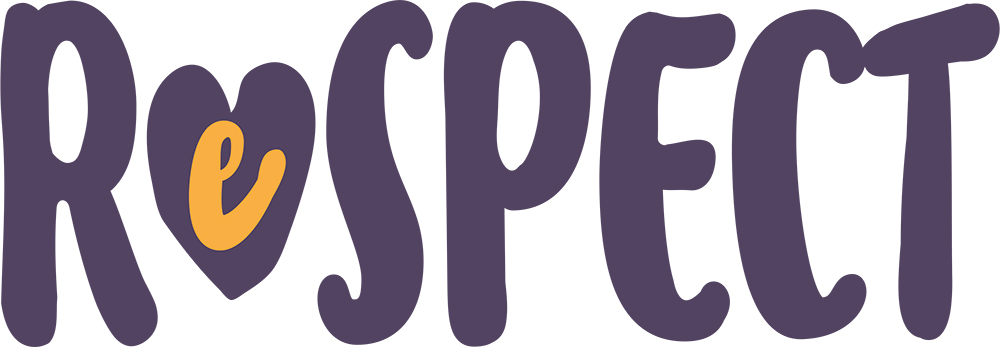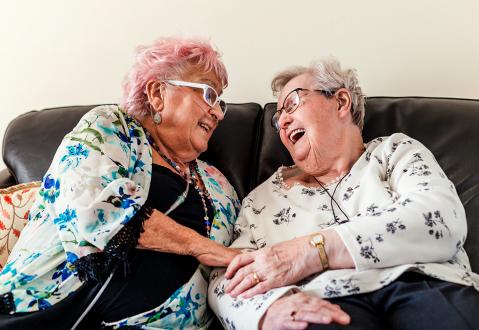![Healthcare professional speaking to patient about decision making]()
How does ReSPECT work?
ReSPECT and decision-making conversations happen between a person, their families, and their health and care professionals. These conversations help create an understanding of what is important to the person.
Patient preferences and clinical recommendations are discussed and recorded on a non-legally binding form which can be reviewed and adapted if circumstances change.
Who is ReSPECT for?
The ReSPECT process can be for anyone but will have increasing relevance for people who have complex health needs, people who are likely to be nearing the end of their lives, and people who are at risk of sudden deterioration or cardiac arrest. Some people will want to record their care and treatment preferences for other reasons.
The ReSPECT process is increasingly being adopted within health and care communities around the UK.
How was ReSPECT developed?
The ReSPECT process and form were developed iteratively over a period of two years. The project included public consultation, patient focus groups and usability testing, and was informed by best practice in the UK and internationally.
The resulting process and form were designed to:
- be acceptable to patients, those important to patients, health professionals, carers and other members of the public.
- be underpinned by a good decision-making process.
- promote good decision-making.
- promote dialogue between individuals and clinicians.
- be used across all care settings.
- be used for individuals of all ages.
- use evidence and experience from other successful initiatives.
consider decisions about CPR within overall goals of care.




